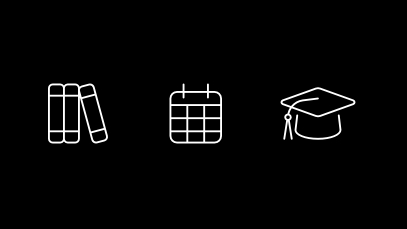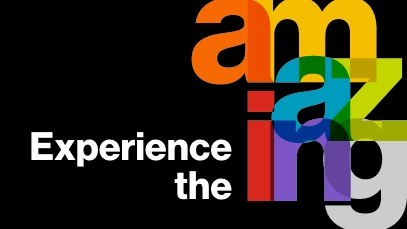- About
-
Programs
- PROFESSIONAL UNDERGRADUATE STUDIES OFFERED BY RIT CROATIA
- New Media Design BFA
- Global Business Management / IB BS
- Hospitality and Tourism Management BS
- Web and Mobile Computing BS
- Admissions and Aid
- Experiential Learning
- Student Life
- Research
Search RIT
This website uses cookies to provide better user experience and functionality. You can control and configure cookies in your web browser.
Cookie Statement
|
How to Disable Cookies






